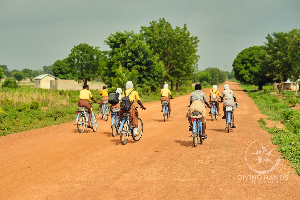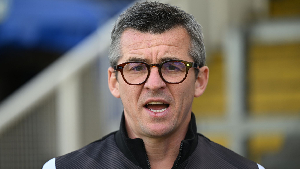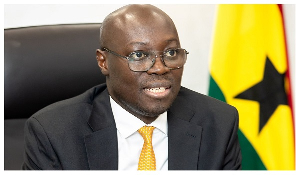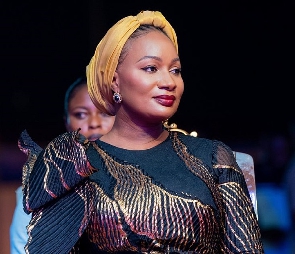In the small village of Gbulahagu, located in the Tolon Kunbungu district of Northern Ghana, young female students face a daunting challenge: a 5-kilometer walk to school.
The story of these resilient students is one of determination and hope, a narrative that has been transformed by the Giving Hands Foundation's Bicycle Poverty Reduction Program.
The program's mission is to provide bicycles to rural populations, focusing on women and girls, to bridge the gap in rural transportation and access to basic necessities.
Before the arrival of the bicycles, the girls' daily routine involved walking 5 kilometers to fetch water for their households before embarking on an 5-kilometer trek to school. This exhausting journey often resulted in fatigue, poor school performance, and, sadly, a high dropout rate.
However, the Giving Hands Foundation, established in 2019, sought to change this narrative. With the support of TransSahara Industries, a local mobility company, the foundation donated a fleet of Kaya Hawk bicycles, designed to withstand long distances and harsh terrain. The name of the bicycles, inspired by the Ghanaian term for female porters, "Kaya Yei," have a heavy-duty load capacity of 200kg, making them ideal for the girls' needs.
The arrival of the bicycles has been impactful and profound. A week after receiving the bikes, the headmaster, Mr. Mohammed Ibrahim, reported a significant increase in attendance. The girls, who once trekked through the dusty roads on foot, now pedal with joy and newfound energy, arriving at school ready to learn and participate.
One of the students, Hawa Yakubu, stated that the bikes have inspired her quest to become a teacher, while another student, Daniella, also heaped praises on the Giving Hands Foundation for the bicycles, as she and her colleagues are determined to put them to good use.
The foundation's commitment extends beyond the distribution of bicycles. They aim to work with the Ministry of Education to enable more female teachers and students to reach remote schools easily. They also plan to train local mechanics to ensure the smooth running of the program, creating jobs and supporting rural economies.
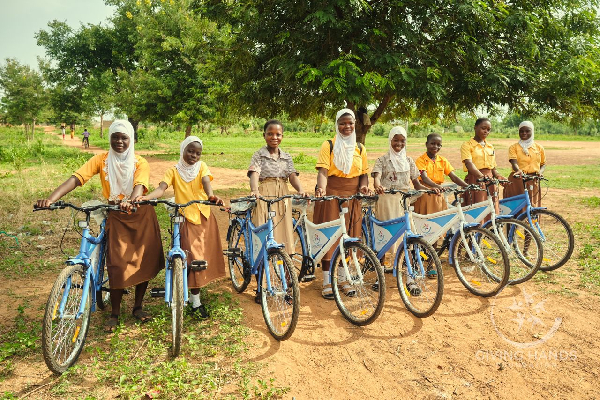
As the Giving Hands Foundation prepares for its Peace Ride event, aimed at raising awareness and funds to distribute 5,000 bicycles to girls in deprived communities, the story of the Gbulahagu female students stands as a beacon of change. From walking 5 kilometers to now riding bikes to school, these girls are pedaling towards a brighter future, one where distance no longer dictates their destiny.
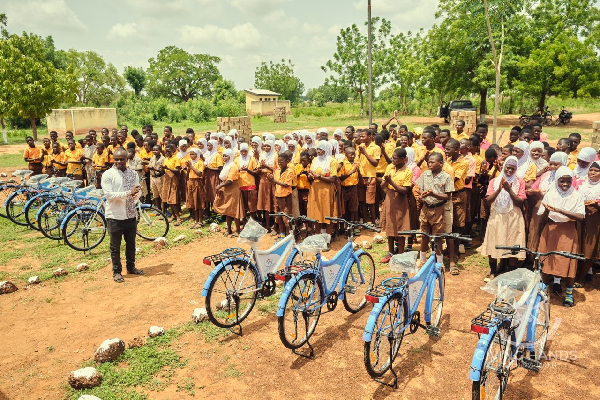
General News of Wednesday, 19 June 2024
Source: www.ghanaweb.com





